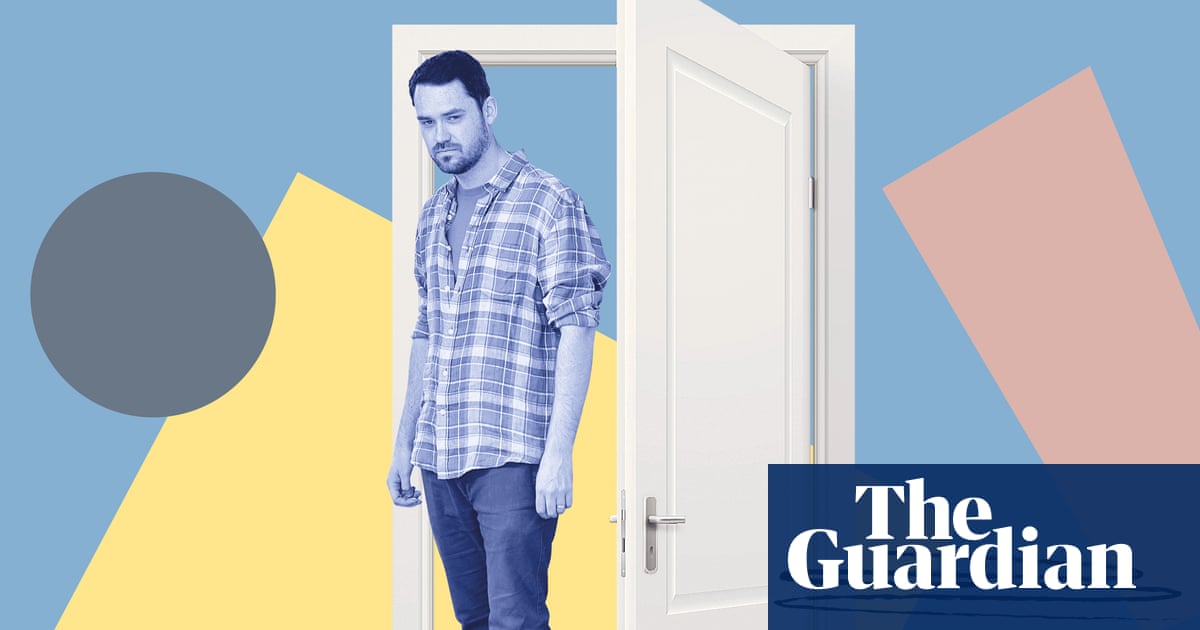
The dilemma My mother recently started going to therapy. I’m really happy for her. She has always been in a financially controlling relationship with my dad which, at times, has been emotionally abusive. She’s really enjoying therapy and having quite a few realisations about her marriage, and I think she’s finally seeing how badly she has been treated. But she is also burdening me with all the gory details. I really want her to seek help and feel empowered, but as her child I find it hard to see the reality of my parents’ relationship.
While I suppose I have always been on my mum’s side and encouraged her to seek more independence and tell my dad to sod off, it is tough to hear the details. It makes my feelings towards my father feel complicated: even loving him feels like a betrayal. I want my mum to be able to talk about these things with friends (she has plenty of them) and her therapist, but am I being a bad daughter and perhaps even a bad feminist if I don’t want to know all the details of my dad’s poor behaviour? Or am I being childish and should I accept this as part of being an adult – seeing your parents as the flawed people they are?
Mariella replies I don’t want to be insensitive either… but what a great question. It’s one of those days when I look into my inbox wondering if, after 20 years of delving into readers’ dilemmas, anything can still entice me. You’ve gone and done it.
The question of how much licence parents have to unburden themselves on their kids is both fascinating and pertinent in an era when our children often grow up to be treated as friends rather than offspring. The dividing line between parents and kids must be at its all-time narrowest. Maybe it’s for the best. After all, who decided that a line should be drawn, preventing ease of interaction between human beings of different ages?
But, on the other hand, if there is no difference, if duty of care doesn’t fall more heavily on those who have lived longer, if there is no expectation of an evolution of your understanding and ideas, if there really is just a flat line through adulthood from 18 to 80, frankly what’s the point? The idea that we remain fixed in our ability to negotiate the world seems an utterly depressing one.
I suppose that, as the barriers between the generations have broken down, it was only a matter of time before our kids became convenient confidantes: they’re privy now to so much of our lives that surely it was inevitable that our problems would be added to that mix.
At a time when younger generations are struggling with a tsunami of mental health issues, does exposing them to further emotional discord, in particular the foibles of the responsible adults in their lives, really look like a wise and responsible choice? I can’t help thinking it’s all part and parcel of an erosion of restraint, increasingly prevalent. Maybe it goes hand in hand with why teenagers think nothing of posting their most intimate moments on social platforms for a world of strangers to see, indoctrinated by the idea that nothing is sacred, private or off-limits any more. The world is not full of friends, no matter how much they “like” our musings – and there is plenty that we should be more miserly about sharing.
But back to you and your mum. In my humble opinion you’re neither a bad daughter nor a bad feminist. Instead, it sounds like you’ve been pretty supportive in trying to steer her towards a better understanding and potential future liberation from the abusive situation you describe with your father.
No child should find themselves positioned between their parents and that remains the same no matter what age you are. Your mother’s off-loading of her therapeutic revelations is, as you suggest, an unburdening too far and one on which you’re going to have to take the “adult” position in drawing to an end. There’s no harm in telling your mother exactly what you’ve told me. While you encourage, sympathise and empathise with her journey of discovery and the future freedom it offers from the tyranny she’s endured, you are the child of both parents and would prefer to be spared the details.
Being forced into taking sides is unfair emotionally and puts you in a difficult position. Once you’ve delivered that news, the next place to focus is on yourself. No matter how clearly you can see what was wrong with the dynamic between your parents it’s no mean feat to emerge unscathed. Use the time you claw back from being your mother’s unwilling confidante to examine your own choices in adulthood. Your mother needs to learn to plough her own furrow and you need to learn not to unwittingly follow the path into tolerance of abusive behaviour that you’ve witnessed.












